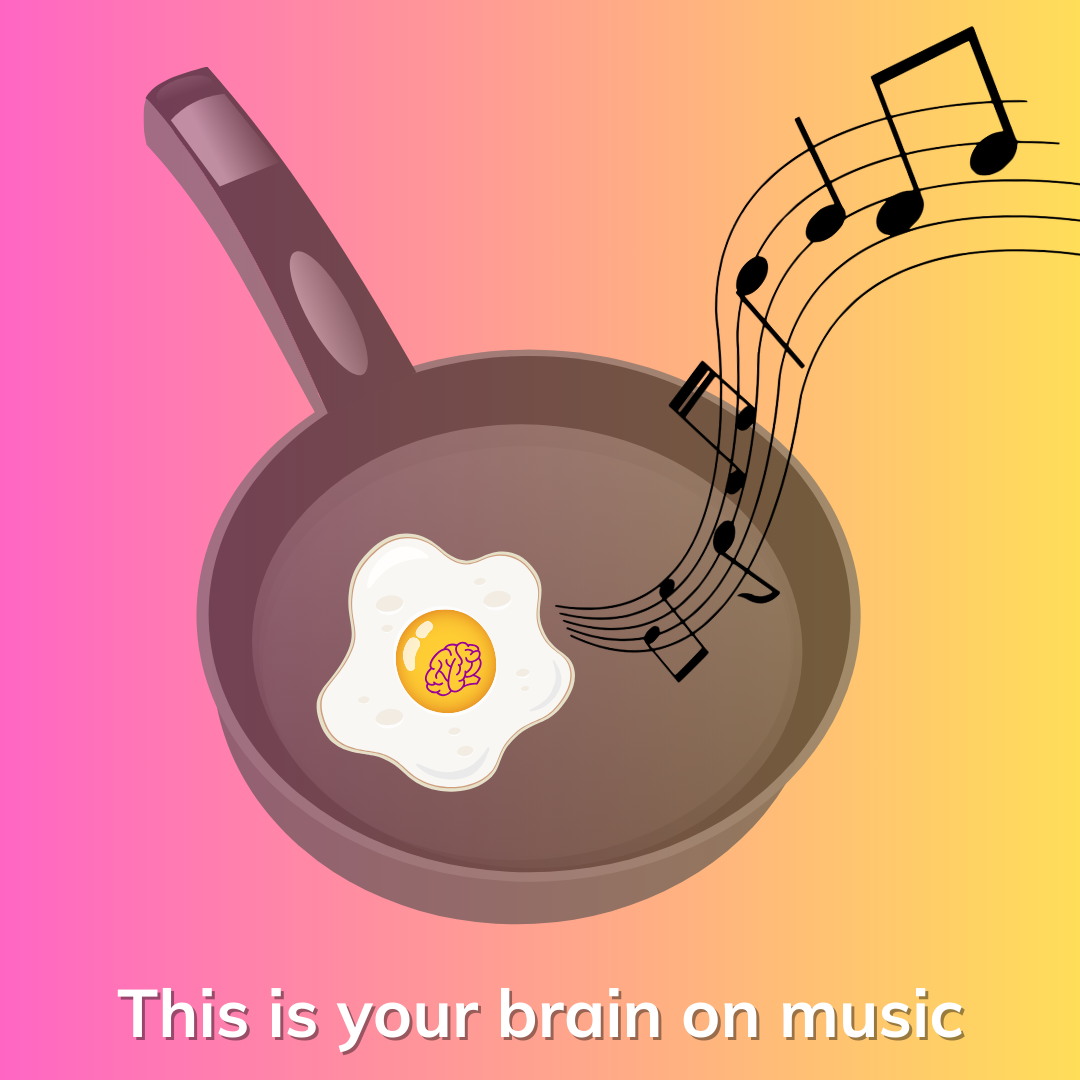This is your brain on music
We experience music in many ways. It’s all around us throughout our lives: at parties, at sports events, in TV and movies. Because it’s so common (and usually enjoyable), we often simply enjoy it without digging into all the reasons it’s actually so good for us.
By the time you finish reading this piece, you will know how our brains process music — how this form of play can have benefits beyond simple enjoyment.
Creating a classroom that honors student voice
Student choice isn’t about giving up control—it’s about sharing control in a way that empowers learners. By integrating choice into instruction, educators can create more engaging, personalized, and meaningful learning experiences that prepare students for lifelong success
20+ actionable ways to cultivate student engagement and trust
Traditional, one-size-fits-all instruction often leaves students disengaged, disconnected, and uninspired. But when students take ownership of their learning—when they have choices, set goals, and engage in meaningful, hands-on activities—education becomes more powerful and personal. The key? Student-driven instructional practices that make learning interactive, relevant, and self-directed.
In this post, we’ll explore 20 specific, easy-to-implement strategies that empower students to make decisions about their learning, build autonomy, and stay engaged.
The five qualities of playful intelligence: How to cultivate a playful life
Many of us are working on autopilot. I was.
Wake. Get dressed. Go to work. Come home to care for the family (dinner, laundry, etc.) Go to bed. Repeat.
About five years ago, I was reading a lot of medical journals, conducting research for my first book, The Playful Classroom. I was in a dark place in my life — my marriage was failing, my work life wasn’t fulfilling, and I felt like that cliched hamster on the wheel (at my house, that’s a hedgehog). I wasn’t exactly depressed, and I didn’t feel anxious. But there was something off. Then I read Playful Intelligence by my now-friend, Anthony Debenedet. The skies parted and the golden sun shone down. Not literally, but I found what I was reading was corroborated by all the research I’d been collecting — that’s #goldenhour for an academic.
In his work, Debenedet shares the results of his study for how to live lightly in the seriousness of adulthood. If you feel like you’re missing out on something — if something in you feels unfulfilled, keep reading.
After hundreds of observations, studies, and interviews, he determined the five qualities that made the greatest impact on adult life.
How can I be more creative? Five steps that helped me write 7 articles in seven days
I’ve never thought of myself as creative.
But I want to be.
I’m always inspired by the work of others. Sometimes my snarky brain thinks things like, “I could make that,” or “Oh, I see what they did there.” But when I get home, I fall back in my same-ole, same-ole patterns.
The creative work never seems to get done. This past week, though, I’ve felt a shift. Where I might have had pockets of proud ooo look what I did moments, I never felt the magic of inspiration hit like it must hit those NYT best-selling novelists or real artists.
I’ve written two books. I speak to hundreds at a time on the power of play. But I’ve not felt productive… until now.
How to create the life you love: The role of play personalities in career fulfillment
Several years ago, I found myself stuck in a job I dreaded going to everyday.
I should have loved it. College had prepared me, there were interviews, I was selected. But, somehow it didn’t satisfy. Then I stumbled across the work of my now-friend, Dr. Stuart Brown, who wrote one of my favorite books. I had the opportunity to see Dr. Brown present his work pre-pandemic, and was able to change jobs while also adding areas of joy into my life.
If we can name what we truly love to do, it’s likely we can start walking toward that career.






